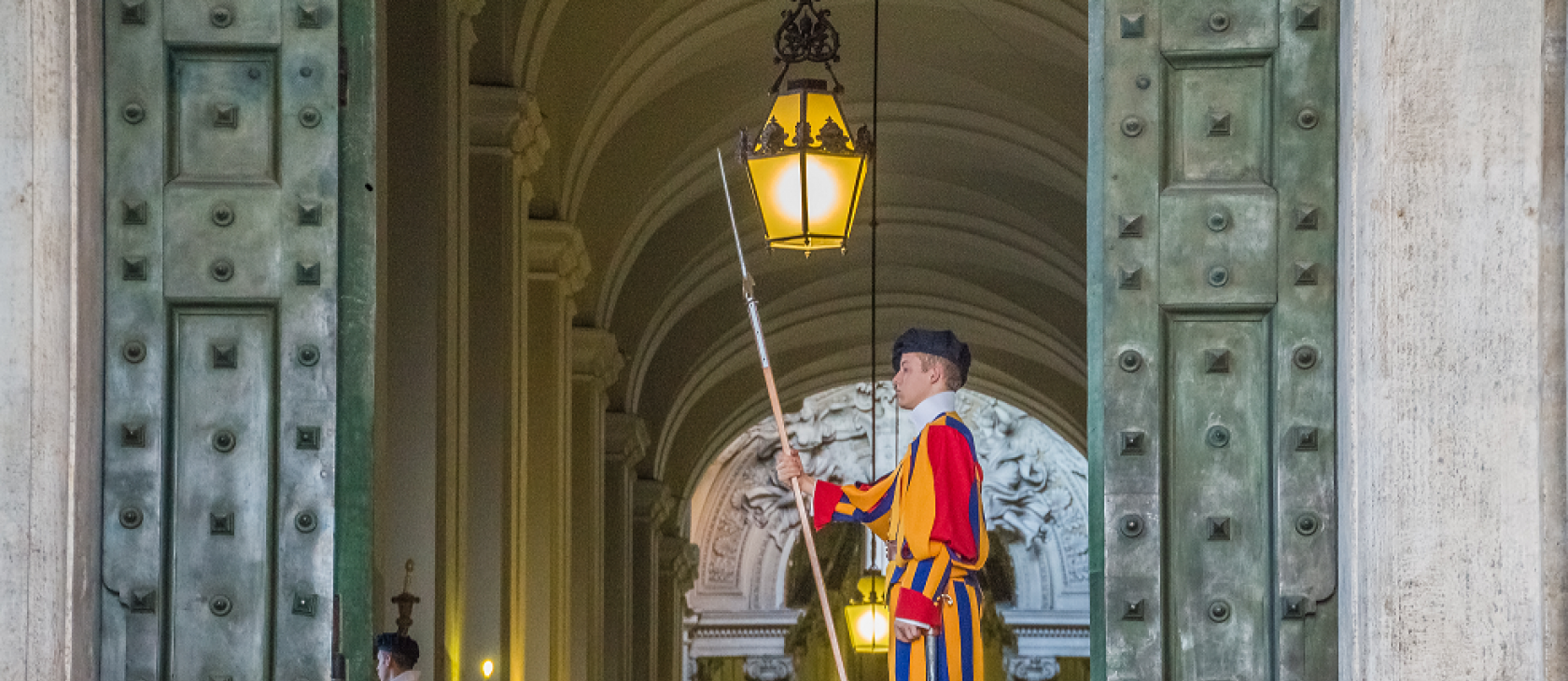“New Year, New Adventures” tweeted my old friend Greg Burke, the now-former director of the Holy See Press Office and papal spokesman, and so it is for the Letter from Rome. I’m pleased to announce that my Acton colleague Fr. Ben Johnson will regularly post my monthly screed on the Religion and Liberty Transatlantic blog. Thank you Fr. Ben!
Since my readership has now expanded beyond our Rome email list, it makes no sense to greet only “friends of Istituto Acton” or close these letters with my signature. In this age of hot takes, I’ll dispense with the formalities and get right to the point.
Even with the boom of social media, what’s new in Rome is an old story. Sandro Magister reports on the “winter campaign” of Pope Francis’s allies against the Secretariat of State that led to Burke’s resignation and other changes in Vatican communications. Sadly, it all rings true to me. Friends at Vatican Radio, L’Osservatore Romano and the Dicastery for Communication have been complaining about a lack of direction and coherence for some time now.
The same goes for changes in other offices of the Roman Curia, including my former place of employment, the Pontifical Council for Justice and Peace, which has now been subsumed into a larger structure known as the Dicastery for Promoting Integral Human Development. A well-informed cardinal recently told me that these consolidations have resulted in nothing but chaos. Morale among Vatican employees is very low and hopes for any kind of “great reform” are practically nil.
If the problems were limited to the internal workings of the Curia, they would be relatively minor for the universal Church. But with the continuing clerical sexual abuse crisis and high expectations for the February gathering of the leaders of national episcopal conference to do something about it, the dysfunction of the Vatican will likely have serious negative consequences, a heavy cross for all the faithful to bear.
Defenders of Pope Francis’s reforms tend to spread the blame for such dysfunction to the pontificates of John Paul II and Benedict XVI, which is certainly fair to do, especially since it may well have prematurely ended the reign of one of the Church’s greatest theologians. Add to that charge the fact that the last three popes have all been non-Italians trying to govern an ancient Italian institution. Given the disorder affecting Rome outside the Vatican, is it fair to ask if Italian ways are the source of the problems?
It is an unwelcome, harsh question, asked not only by us foreigners who love Italy but also by Italians themselves. How else to explain the massive numbers of young Italians leaving the country for better opportunities elsewhere? The left-wing and right-wing populists currently trying to govern Italy like to blame things such as the euro zone or the European Central Bank, but the issue may be much deeper and therefore resistant to an Italian Brexit (“Uscitalia”) or policy fix.
The difficulty facing the Vatican today is that the power struggles among Italians are impairing the Church’s ability to spread the Gospel message of Jesus Christ. Many of the pope’s allies attack those of us who have been occasionally questioned something he has said or done, failing to realize we have been trying to help not hinder his mission. His recent letter to the US bishops, accusing them of disunity and gossip, is particularly ironic when such vices are common within the Vatican. Is it that difficult for leaders of the Catholic Church to realize that honest disagreements are not masks for the desire to exploit others?
The aforementioned cardinal also told me that only an Italian can properly understand and therefore govern Italians. If that is true, efforts to internationalize the Curia have been doomed from the beginning, and the only solution is to move the Holy See to Geneva or some other truly international but characterless place. Yet part of me still believes what Pope Benedict XVI told a group of German pilgrims just after his election about being an Italianized German, not merely because he has been here a long time but because of what Rome represents.
Italians still look to a “wise man” to solve their problems. They have not learned the truth of Lord Acton’s famous dictum: “Power tends to corrupt and absolute powers corrupts absolutely.” Acton was not a reformer who wanted to destroy and eliminate papal power as such, and neither are those of us who want to see the Vatican change for the better. Like all executives, popes need to know when to limit their authority and let others speak freely. We trust that God knew what He was doing in bringing Saints Peter and Paul, who happened to disagree with each other, to Rome. Their blood became the seed of the Church we love and need today more than ever.












